What Academics Owe Activists: A Report on “Removing Silent Sam” at the AHA
As monuments to (and of) white supremacy, Confederate statues simultaneously re-embodied masculinity in white Southerners who failed their patriarchal society, christened future generations in Lost Cause mythology, and intimidated, punished, and policed the bodies of black Southerners.[1] It was no mistake that Confederate memorialization crested during two periods of intense ...
Read More
Read More
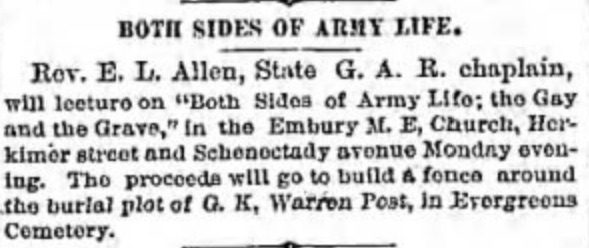
The Grave and the Gay: The Civil War on the Gilded Age Lecture Circuit
This is our final field dispatch from correspondent James Marten. We have greatly enjoyed his contributions to Muster and it has been such a pleasure having him on our team. We will be announcing his replacement in 2019, so stay tuned! For decades before and after the Civil War, thousands ...
Read More
Read More
Shaping Public Remembrances of Abolition and Emancipation: Memory in the Post-Emancipation Era at the 2018 SHA
Today we share the last of our conference reports on the November 2018 annual meeting of the Southern Historical Association, held in Birmingham. Thank you for following along with us as these four reporters shared details about these fascinating and thought-provoking panels. When one attempts to explain to non-historians that ...
Read More
Read More
Defining Defeat and Redefining the Lost Cause: An SHA Panel Recap
Today, the Lost Cause is rarely far from historians’ minds. Headlines of Confederate monuments coming down compete for space with stories of southern lawmakers proposing monuments to black Confederates. States are finally rewriting their curriculum to address slavery’s central role in the causation of the Civil War, while reality TV ...
Read More
Read More
Fighting the Good Fight
Today we share the conclusion to our fiction roundtable here on Muster, by our guest editor, Sarah E. Gardner. You can read all of the roundtable reviews by clicking on the links in her introduction. We hope you've enjoyed these reviews as much as we have here at The Journal ...
Read More
Read More
Fiction Fights the Civil War
This week, Muster begins a series on recent fiction about slavery and the Civil War. Interest in how the war is represented in popular literature remains unabated because the legacies of slavery and the war endure, a point emphasized by Carole Emberton in her roundtable review of Underground Airlines. Who ...
Read More
Read More

What the Name “Civil War” Tells Us–and Why It Matters
What do Americans call the conflict that tore their nation apart from 1861 to 1865? And what difference does it make what name they use? Today most call it the Civil War, but as I discuss in my recent article in the September issue of the journal, Americans have not ...
Read More
Read More
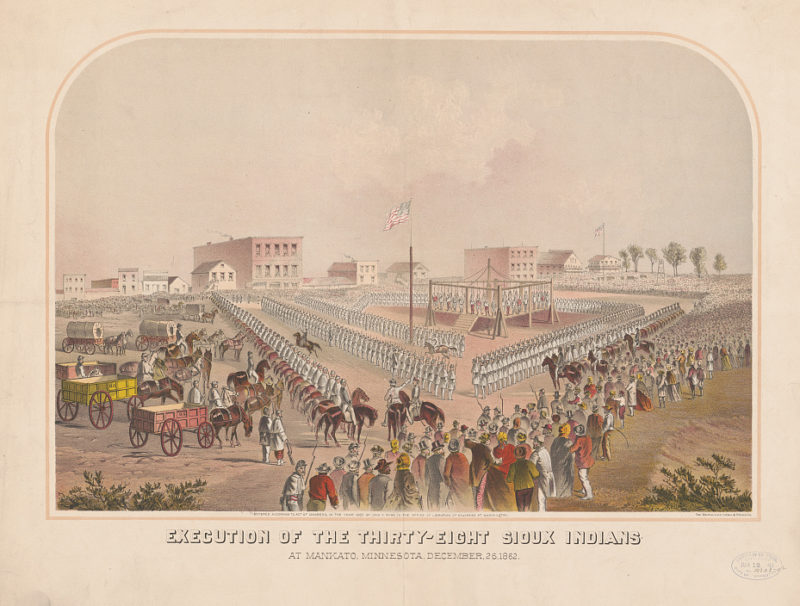
Bringing Peace after Destruction: Civil War Era Monuments and the Memory of the U.S.-Dakota War of 1862
As the fall semester loomed at the University of North Carolina at Chapel Hill, protesters ignited a movement to remove “Silent Sam,” an infamous memorial dedicated by the United Daughters of the Confederacy in 1913. The monument honored students who served in the Confederate armed forces during the Civil War ...
Read More
Read More
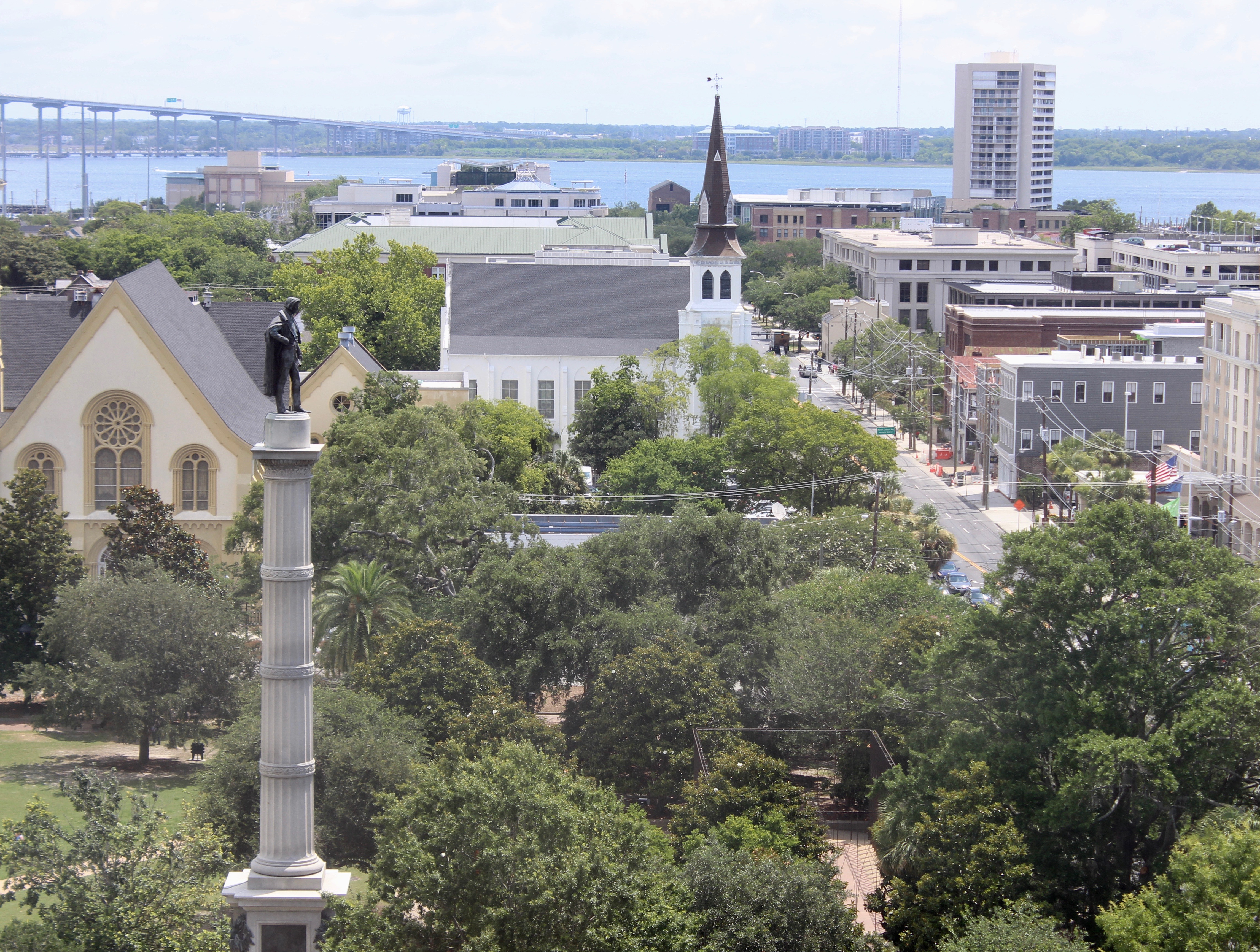
Summering with Confederate Statues
Our family just returned to California after spending much of the summer driving around the South promoting our new book, Denmark Vesey’s Garden: Slavery and Memory in the Cradle of the Confederacy. We logged about 1,700 miles in the car, visiting thirteen towns and cities in six southern states. We ...
Read More
Read More
Editor’s Note: September 2018 Issue
The September issue of The Journal of the Civil War Era will soon be arriving in your mailboxes. For a preview of the excellent work within its pages, see our editor's note reprinted below. This volume combines exciting new work in the military history of the Civil War with essays ...
Read More
Read More
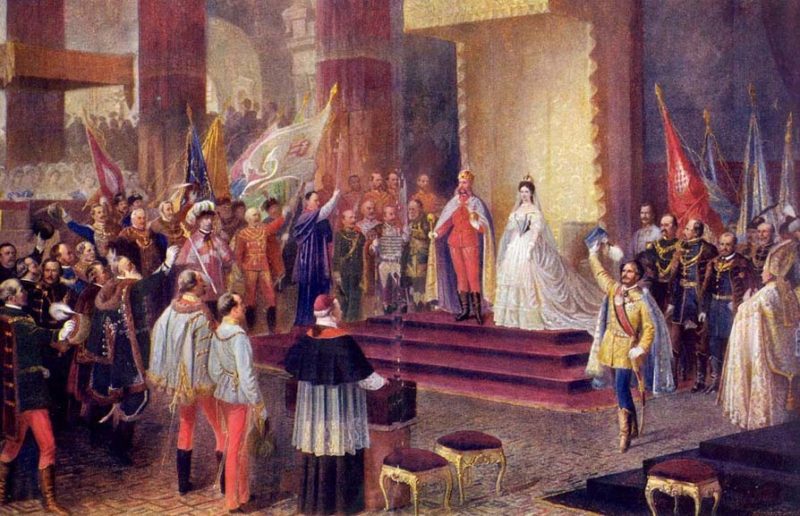
Comparing Home Rule in Hungary and the U.S. South
Home rule, defined as the gaining of political autonomy, is usually associated with the struggle for autonomy in Ireland. Twice defeated, the Irish Republic claimed its independence before home rule took effect.[1] While the British debated home rule in 1886 and 1893, the U.S. South was working toward its own ...
Read More
Read More
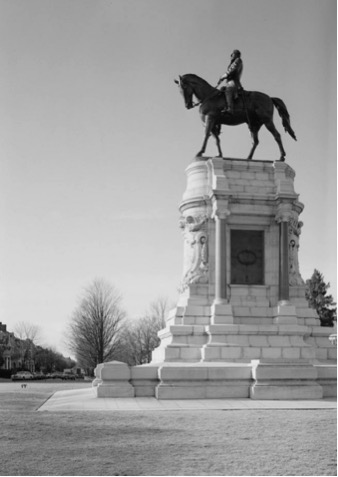
“Confederate Monuments…What To Do?”: Historians’ Town-Hall Meeting on Memorialization—and Racial Injustice
Today we conclude our series of reports on relevant panels at the 2018 OAH that will be of interest to readers. Our last entry in the series discusses the future of Confederate monuments in the American landscape, authored by Jonathan Lande. The earlier reports can be found here and here. ...
Read More
Read More
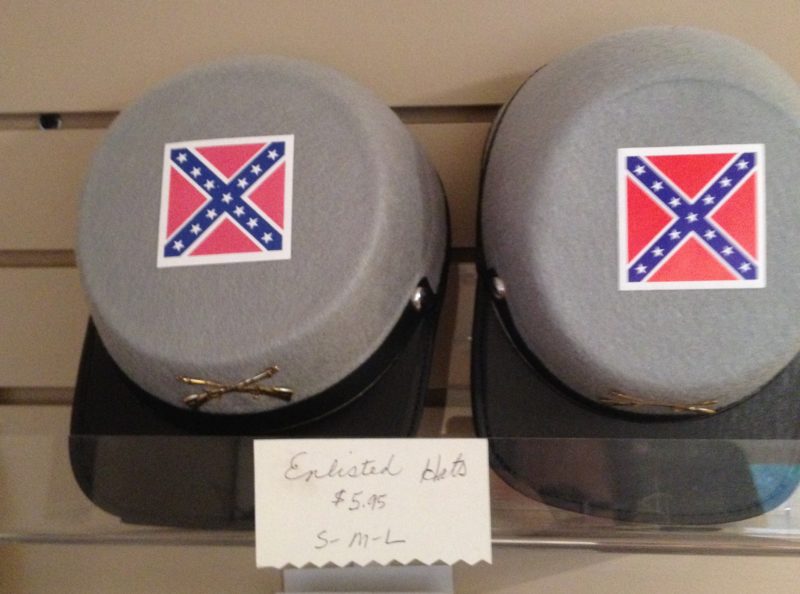
Exit Through the Gift Shop: Historical Memory and Gift Shops at Civil War Historic Sites
When I was a graduate student living in Indiana, I made a point of visiting historical sites connected to the Civil War throughout the state. One of my favorites was the General Lew Wallace Study & Museum in Crawfordsville. Situated in a quiet neighborhood in northwest Indiana, the site preserves ...
Read More
Read More
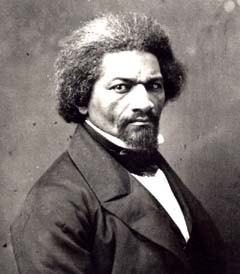
Legal History’s Debt to Frederick Douglass
Marking his 200th birthday this week, I want to acknowledge the debt legal historians owe to Frederick Douglass. When Chief Justice Roger Taney denied that free black Americans were citizens of the United States in the 1857 Dred Scott decision, Douglass immediately opposed him. Then, across his lifetime, Douglass never forget ...
Read More
Read More
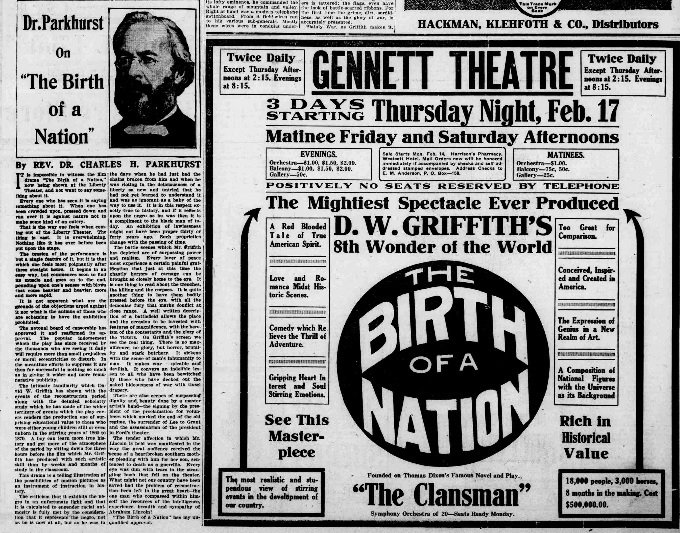
Outrageous Inaccuracies: The Grand Army of the Republic Protests The Birth of a Nation
When the motion picture film The Birth of a Nation was released in 1915, most veterans of the American Civil War were in their seventies and eighties. Membership in the Grand Army of the Republic (GAR)—the largest fraternal organization of Union veterans in the country—had declined by that time to ...
Read More
Read More
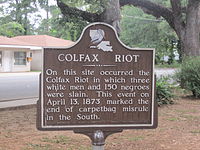
Public Iconography, Museum Education, and Reconstruction Era History
Today, correspondent Nick Sacco shares his first Field Dispatch. Nick is a public historian working for the National Park Service as a Park Guide at the Ulysses S. Grant National Historic Site in St. Louis, Missouri. He holds a master's degree in history with a concentration in public history from ...
Read More
Read More
